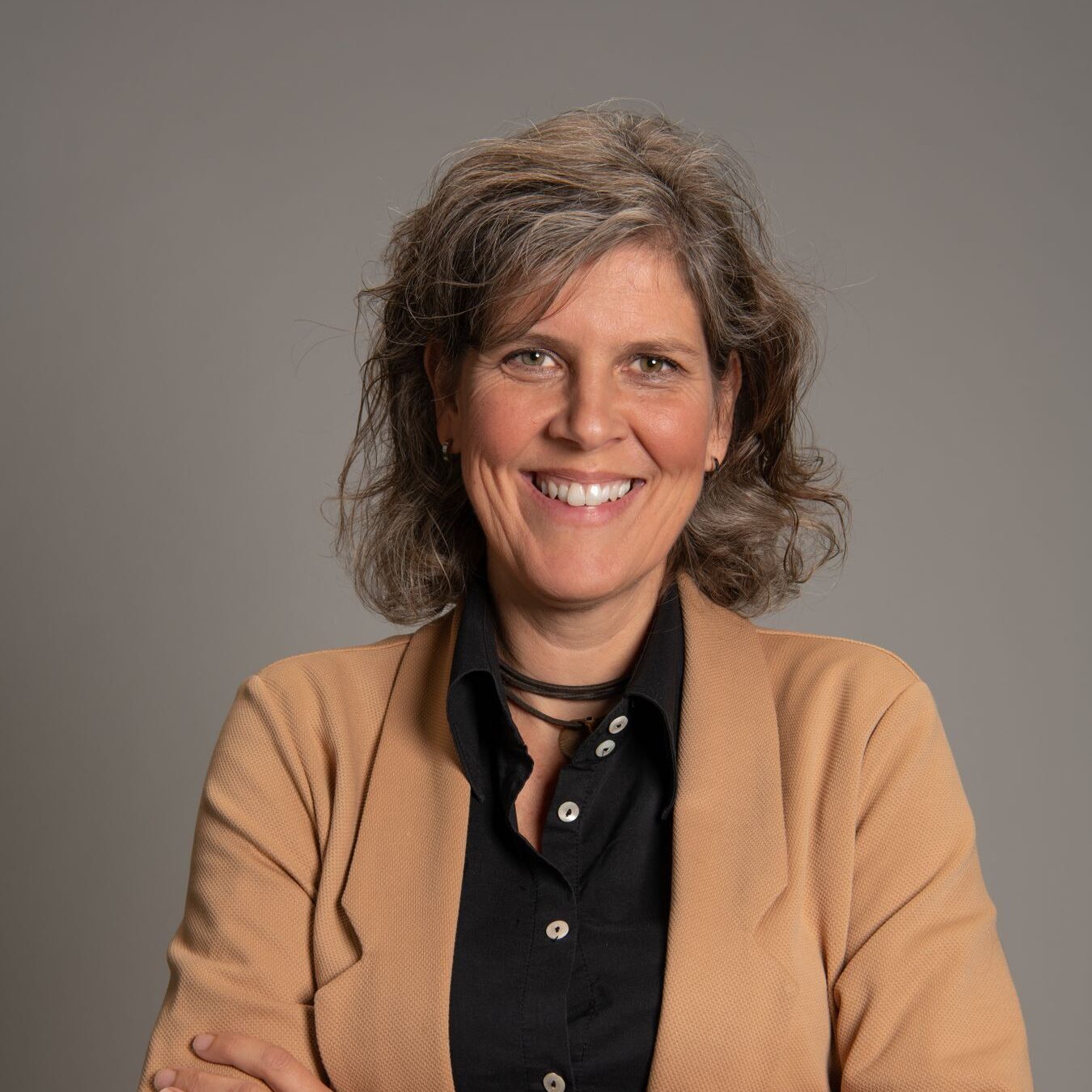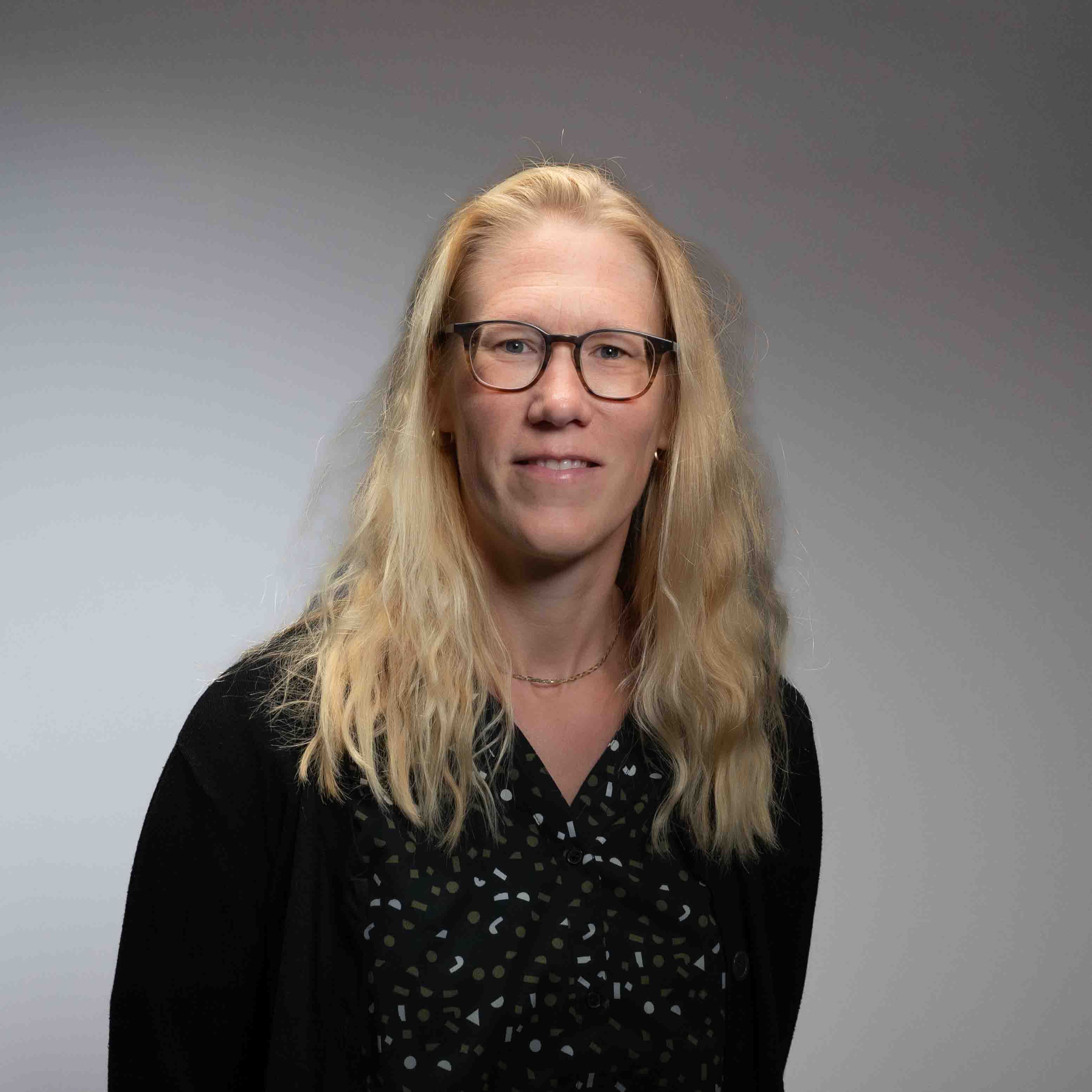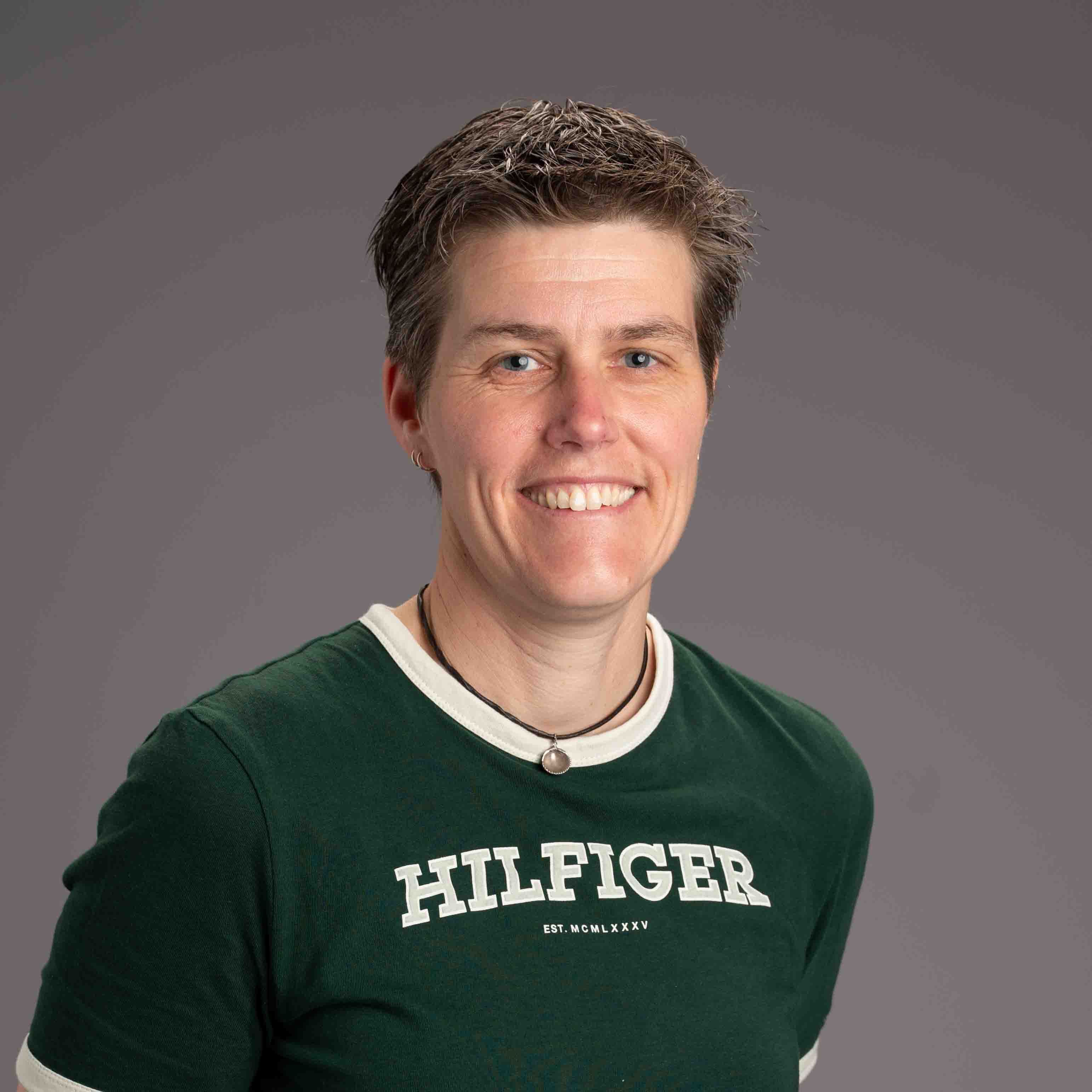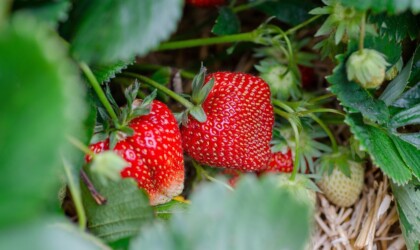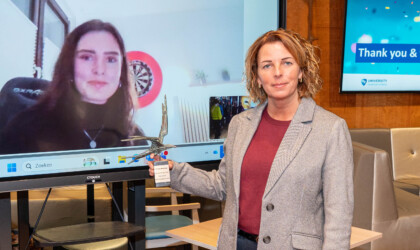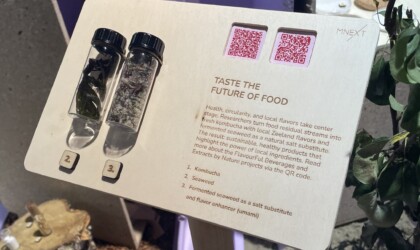The Marine Biobased Chemistry research group aims to develop knowledge in the areas of protein transition, the chemical properties of food components, and innovative, circular processing methods.
Established in 2017, this research group is based at the Joint Research Center Zeeland (JRCZ) in Middelburg.
Firmly rooted in the Southwestern Delta and Zeeland in particular, the research group focuses on the transition of the food chain and biobased applications. “The Zeeland delta is a source of healthy, sustainable, flavorful, and affordable food derived from marine and terrestrial sources. Our focus is on transitioning the food chain and biobased applications,” says associate professor Tanja Moerdijk. “Through our research, we aim to contribute to sustainability, knowledge development, and innovation capacity in the region.”
Low-trophic biomass
The Marine Biobased Chemistry group innovates in the field of low-trophic biomass, such as (micro)algae and seaweed, for valuable food production and biobased applications. “Seaweed is a sustainable protein source, but it is still relatively underutilized. We excel in research on the taste, which is very specific, as well as the smell and texture of this biomass. This knowledge is crucial if you want to process these products and integrate them into the food chain. Currently, consumers are not yet convinced of the value of marine biomass. Our research plays a significant role in this.”
The research group collaborates closely with businesses and other knowledge institutions. Within HZ University of Applied Sciences, there is a strong connection with the Chemistry program. “As a research group, we provide the program with relevant case studies and aim to teach students entrepreneurial skills, for example.”
The research group is part of MNEXT, a collaboration between HZ University of Applied Sciences and Avans University of Applied Sciences.
Projects
Extracts by Nature
The Extracts by Nature project stems from a growing global trend toward developing a new…
Marine Protein Fusion
Protein transition through the development of a tasty, affordable hybrid fish…

